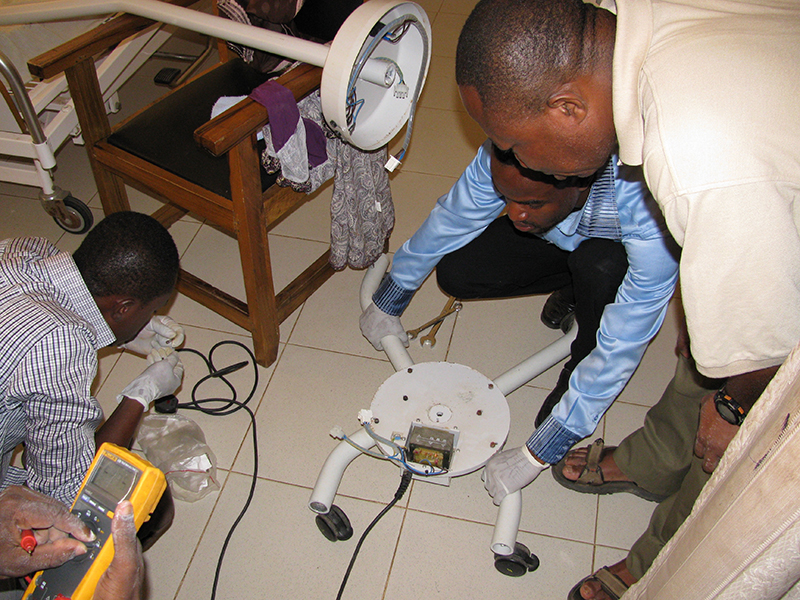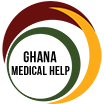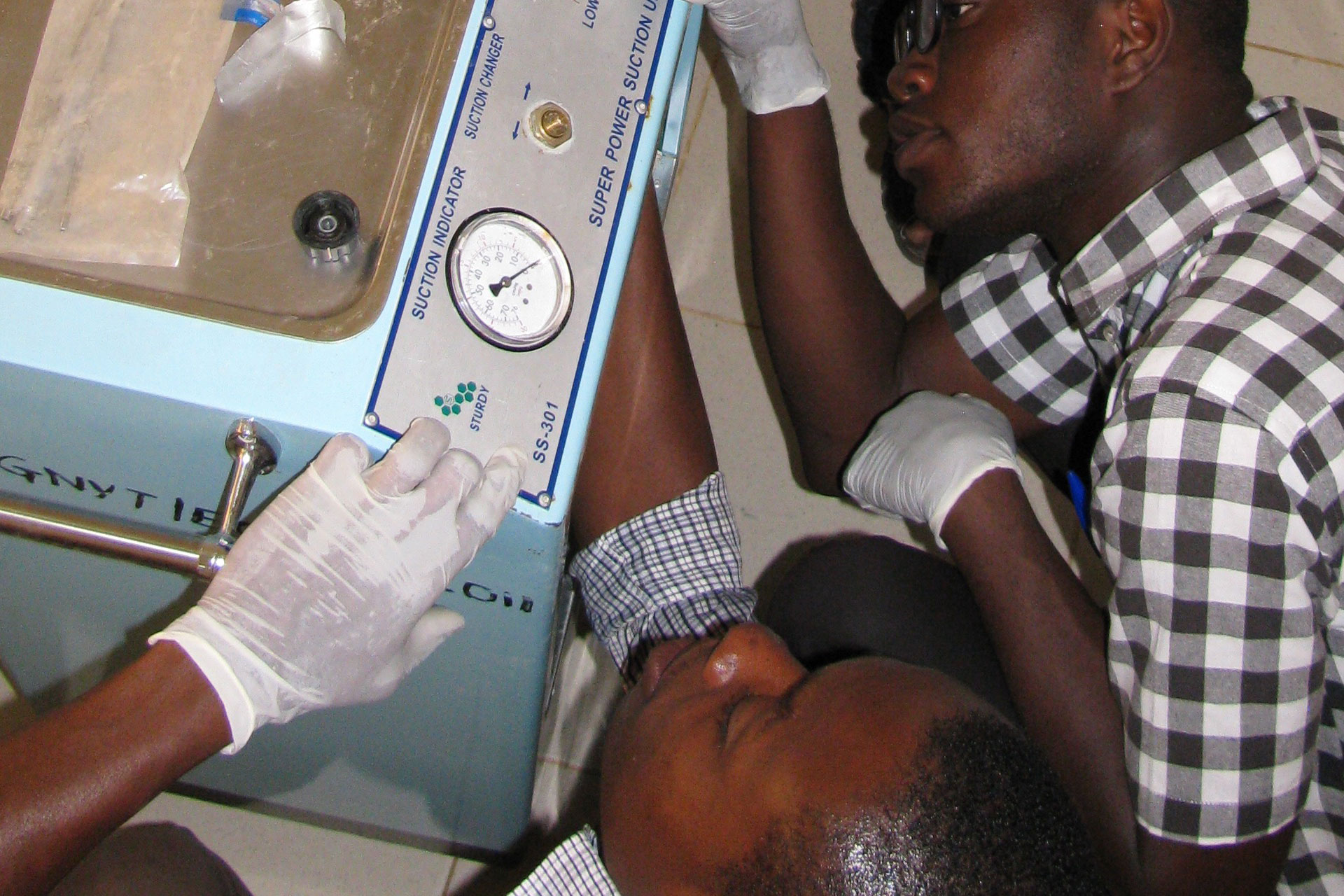The purpose of this project is to sustainably improve rural health infrastructure in Ghana and create a replicable model for reducing health inequity in resource-poor communities around the world.
An integral part of a hospital’s basic ability to function is the presence of reliable medical equipment. However, on average about 40% of medical equipment in resource-poor settings like rural Ghana is out of service (Perry and Malkin 2011). A 2019 study by Marks et al. found that investing in clinical engineering infrastructure could nearly double the amount of working medical equipment in hospitals like those in northern Ghana.
GMH piloted this project in the Upper Regions of Ghana and found that investing in toolkits and trainings improved the capacity of hospital engineers. The data from the pilot supports that expansion of this project may be an effective way to increase skill and knowledge, reduce staff turnover and advance health technology management. This would enable us to better understand how investing in rural health infrastructure can translate to better primary care, improved health outcomes, greater economic stability (via a healthier workforce) and reduced environmental impact. The research from this project could be used to inform global decision-making regarding the investment of funds into rural biomedical maintenance departments. Moreover, research publications could help raise awareness of the pitfalls of donation projects, increase adherence to WHO guidelines, and advance the creation of evidence-based donation policies.

There are three components to this project:
- Provide every hospital with a stationed clinical engineer in the Upper West and Upper East Regions with a proper toolkit containing necessary tools to facilitate equipment diagnostics, cleaning, maintenance and repair. Furthermore, we will develop a triaging system to determine prioritization of toolkits to hospitals in other regions across the country.
- Provide access to advanced professional learning opportunities through in-person and online educational workshops for all clinical engineers in Ghana.
- Develop a standardized hospital inventory with an asset tagging system to be used in sample of Upper East and Upper West Region hospitals. This pilot inventory database and tagging system will be evaluated, refined and expanded across Ghana.




3 Comments
This is a very nice initiative let us support.
Very educative and very useful document that will enable Biomedical Engineers deliver their best to support the healthcare delivery system.
GOOD EVENING
I WANT TO FIND OUT HOW DOES ONE BECOME A MEMBER OF YOUR ORGAINSATION